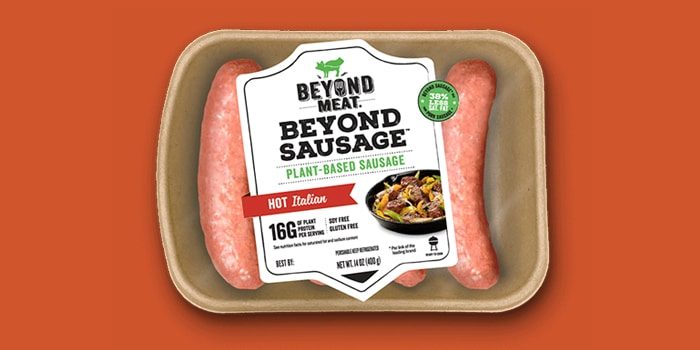THIS IS IT! DIELINE Awards 2026 Late Entry Deadline Ends Feb 28


Louisiana is the latest state to pass the so-called “Truth in Labeling” legislation, which aims to protect America’s cash cow-beef.
So, what exactly is Senate Bill 152? It’s called the “Truth in Labeling of Food Products Act,” and it’s a five-page vocabulary lesson designed “to prohibit misbranding or misrepresenting a food product through certain activities” like labeling and packaging. The Act becomes effective on October 1, 2020.
Since Burger King’s wildly successful Impossible Whopper hit test markets in St. Louis, and the crowd-pleasing national roll-out that followed, it’s clear that plant-based meat alternatives are surging in popularity. The “Truth in Labeling” law hopes to clear up any impending confusion between foods like Beef and Beyond Beef.
Get unlimited access to latest industry news, 27,000+ articles and case studies.
Have an account? Sign in